14.05.2020 № 110
НАДТЕРМІНОВЕ ОФІЦІЙНЕ ЗВЕРНЕННЯ
Щодо підтримки і розвитку галузі
гостинності та туризму в Україні
Вельмишановне панство,
Індустрія гостинності і туризму України уввійшла у стадію катастрофічної кризи через спалах гострої респіраторної хвороби COVID-19, спричиненої коронавірусом SARS-CoV-2, введенням органами державної влади карантину, обмеженням видів діяльності, заборону перетину кордонів і внутрішніх переміщень на невизначений час. Це очевидно поставило під загрозу звільнення понад одного мільйона працівників та призводить до банкрутств сотень тисяч підприємств і підприємців галузі туризму та гостинності за переліком видів діяльності нижче (разом далі – Підприємства), викликає ланцюгову реакцію у суміжних галузях економіки і має незворотній вплив на державу.
Враховуючи вищезазначене Спільнота гостинності України в черговий раз вимагає визначити гостинність і туризм пріорітетною галуззю розвитку України і реалізувати це внесенням відповідних змін до законодавства та нормативно-правових актів України для підтримки туристичної галузі України і впровадження невідкладних заходів порятунку Підприємств, спрямованих на термінове відновлення їх господарської діяльності, а саме:
1. Затвердити та забезпечити виконання етапів виходу галузі із карантину згідно з Додатком 1 до цього звернення з дотриманням Підприємствами санітарно-гігієнічних рекомендацій Всесвітньої організації охорони здоров’я за видами діяльності.
2. Встановити, що протягом періоду дії карантину та 12 місяців після завершення періоду дії карантину:
⋅ пільгово (0%) кредитувати бізнес на утримання працівників, сплату податків та поточних зобов’язань;
⋅ зупинити нарахування відсотків та інших платежів за користування кредитними (позичковими) коштами. В додаток до Постанови Національного банку України №39 від 26.03.2020 забезпечити впровадження банками необхідних заходів для тимчасової зупинки нарахувань і виплат за кредитними та іншими фінансовими забов’язаннями;
⋅ не нараховувати неустойку (штраф, пеня) або інші фінансові санкції за невиконання чи неналежне виконання зобов’язань із задоволення Підприємствами-боржниками, які мають заборгованість хоча б перед однією фінансовою установою, що не є пов’язаною з Підприємством-боржником особою, та ініціює проведення процедури вимушеної реструктуризації;
⋅ зупинити перебіг позовної давності та будь-якого іншого строку, встановленого законом чи договором, у тому числі строку на пред’явлення вимоги до поручителів, у межах якого кредитори можуть реалізовувати свої права щодо Підприємств-боржників, які ініціювали процедуру вимушеної реструктуризації;
⋅ заборонити вимагати від Підприємства-боржника виконання вимог кредиторів за договорами фінансування, за винятком випадків, коли таке виконання вимог погоджено між боржником та кредитором в межах процедури вимушеної реструктуризації;
⋅ заборонити примусово звертати стягнення на майно Підприємства-боржника (в тому числі активи, які не є предметом застави (іпотеки) на дату введення карантину) та майно, передане третіми особами в забезпечення виконання зобов’язань Підприємства-боржника перед кредитором – фінансовою установою, на підставі виконавчих документів, а також на підставі виконавчого напису нотаріуса або шляхом будь-яких інших позасудових способів звернення стягнення;
⋅ заборонити вчиняти дії з метою отримання у володіння майна Підприємства-боржника чи отримання контролю над майном Підприємства-боржника, в тому числі шляхом укладення будь-яких договорів;
⋅ зобов’язати банки та/або фінансові установи надати Підприємствам-боржникам, заборгованість яких забезпечена заставою (іпотекою) майна чи майном третіх осіб, відстрочку виконання зобов’язань щодо сплати кредитору грошової суми відповідно до цивільно-правового правочину (тіло кредиту) на період дії карантину та 12 місяців після завершення періоду дії карантину;
⋅ зупинити розгляд судами заяв про порушення провадження у справі про банкрутство, поданих в період дії карантину, на строк до 6 місяців після завершення дії карантину.
3. Внести зміни до Податкового кодексу України для нижчезазначених видів діяльності:
⋅ зменшити ПДВ для Підприємств (за прикладом країн ЕС) до 10 відсотків по операціях з постачання на митній території України;
⋅ звільнити Підприємства від сплати ПДВ при ввезенні на митну територію України матеріалів, обладнання та комплектуючих для нових і модернізації існуючих об’єктів туристичної інфраструктури з умовою заборони відчуження таких товарів протягом двох років після розмитнення. Надати право на прискорену амортизацію вартості таких матеріалів, обладнання та комплектуючих до складу витрат по податку на прибуток;
⋅ встановити, що протягом періоду дії карантину та 12 місяців після завершення періоду дії карантину не нараховується ЄСВ для Підприємств (компаній);
⋅ встановити, що протягом періоду дії карантину та 12 місяців після завершення періоду дії карантину працівники Підприємств звільнюються від сплати ПДФО.
4. Внести зміни до Бюджетного кодексу України про створення цільових фондів розвитку туризму у місцевих бюджетах з використанням грошових коштів отриманих від сплати туристичного збору та інших джерел фінансування виключно на розвиток туризму.
5. Розглянути можливість впровадження спеціальних програм фінансування Підприємств за рахунок коштів спеціальних державних фондів, цільової фінансової допомоги, грантів, дотацій тощо.
6. Усвідомлюючи жорстку необхідність визначення джерел покриття сум недоотриманих доходів державного бюджету для фінансового забезпечення вищезазначених заходів, кошти, виділені на розвиток туризму у сумі 240 млн. грн., повернути у повному обсязі та розглянути можливість виділення додаткових фінасових ресурсів для підтримки і виконання стратегічних і тактичних завдань галузі гостинності та туризму у 2020 році, що є однією з пріорітетних індустрій для виходу економіки держави із кризи.
7. Для відновлення економічних показників та стратегічного розвитку туризму в Україні створити і забезпечити діяльність постійнодіючої Національної ради з гостинності і туризму при Президентові України. Відповідний проєкт Указу Президента України у вигляді порівняльної таблиці додається (Додаток 2). Завданнями для прийняття рішень Національною радою можуть бути:
⋅ Спільна розробка і покрокова реалізація консолідованої Дорожньої карти розвитку галузі гостинності і туризму в Україні згідно з чинним законодавством, в т.ч. з урахуванням чинних і проектних стратегічних документів, програм, зобов’язань України за міжнародними договорами, пропозицій бізнесу і громадськості, рекомендацій світового співтовариства;
⋅ Запуск з 01.06.2020 програм безпечного міжнароднародного туризму і спільні взаємовигідні домовленості з країнами Світу;
⋅ Співфінансування і контроль витрат, програми з розвитку дестинацій України, інвестиції, проекти, інновації, економічні зони, державні закупівлі послуг, національна промоція тощо.
8. Створити рішенням голови Державного агентства розвитку туризму України і забезпечити ефективну діяльність постійно діючого консультативно-дорадчого органу при центральному органі виконавчої влади в сфері туризму. Для розробки Положення про консультативно-дорадчий орган пропонуємо допомогу за участю уповноважених делегатів та кваліфікованих експертів Спільноти гостинності України.
9. Створити і промотувати єдиний національний інформаційний ресурс про туристично-рекреаційний потенціал України для внутрішніх та зовнішніх споживачів.
10. Впровадити сучасну системи статистики з сателітними рахунками та відкриту публікацію даних онлайн для аналітики.
Перелік видів діяльності Підприємств галузі туризму і гостинності України за КВЕД 2010: 49.10 Пасажирський залізничний транспорт міжміського сполучення; 49.31 Пасажирський наземний транспорт міського та приміського сполучення; 49.32 Надання послуг таксі; 49.39 Інший пасажирський наземний транспорт, н.в.і.у.; 50.10 Пасажирський морський транспорт; 50.30 Пасажирський річковий транспорт; 51.10 Пасажирський авіаційний транспорт; 55.10 Діяльність готелів і подібних засобів тимчасового розміщування; 55.20 Діяльність засобів розміщування на період відпустки та іншого тимчасового проживання; 55.30 Надання місць кемпінгами та стоянками для житлових автофургонів і причепів; 55.90 Діяльність інших засобів тимчасового розміщування; 56.10 Діяльність ресторанів, надання послуг мобільного харчування; 56.21 Постачання готових страв для подій; 56.29 Постачання інших готових страв; 56.30 Обслуговування напоями; 62.02 Консультування з питань інформатизації; 70.21 Діяльність у сфері зв’язків з громадскістю; 70.22 Консультування з питань комерційної діяльності й керування; 71.11 Діяльність у сфері архітектури; 71.12 Діяльність у сфері інжинірингу, геології та геодезії, надання послуг технічного консультування в цих сферах; 77.11 Надання в оренду автомобілів і легкових автотранспортних засобів; 77.21 Прокат товарів для спорту та відпочинку; 79.11 Діяльність туристичних агентств; 79.12 Діяльність туристичних операторів; 79.90 Надання інших послуг бронювання та пов’язана з цим діяльність; 82.30 Організування конгресів і торговельних виставок; 90.01 Театральна та концертна діяльність; 90.02 Діяльність із підтримки театральних і концертних заходів; 90.04 Функціювання театральних і концертних залів; 91.02 Функціювання музеїв; 91.03 Діяльність із охорони та використання пам’яток історії, будівель та інших пам’яток культури; 91.04 Функціювання ботанічних садів, зоопарків і природних заповідників; 92.00 Організування азартних ігор; 93.11 Функціювання спортивних споруд; 93.12 Діяльність спортивних клубів; 93.13 Діяльність фітнес-центрів; 93.19 Інша діяльність у сфері спорту; 93.21 Функціювання атракціонів і тематичних парків; 93.29 Організування інших видів відпочинку та розваг; 96.02 Надання послуг перукарнями та салонами краси.
Враховуючи вищезазначене та у відповідності до законодавства України, просимо Вас про особистий прийом уповноваженої делегації Спільноти гостинності з Президентом України Володимиром Зеленським і Прем’єр-міністром України Денисом Шмигалем. Уповноважені делегати загальних зборів Спільноти гостинності України: Юлія Алєксєєва, Фазиль Аскеров, Юрій Кривошея, Олександр Лієв, Анна Романова, Ірина Сідлецька і Віталій Федорченко.
Наголошуємо повторно на тому, що нездійснення зазначених заходів у найближчі дні, призводить до вивільнення понад один мільйон працівників без фактичної виплати вихідної допомоги через відсутність обігових коштів, а також ліквідації та банкрутсв десятків тисяч суб’єктів туризму та сотень тисяч супутніх компаній та постачальніків туристичної галузі.
Важливо додати, для кожного з нас очевидно, що ситуація з коронавірусом буде вирішена світовим співтовариством у найближчі місяці, однак ми можемо опинитись у ситуації, коли більшість інших держав підтримують і допомагають туристичній галузі, водночас відсутність реалізації вищезазначених заходів підтримки провідної галузі економіки у формуванні ВВП може відкинути Україну ще далі назад за показниками розвитку у Світі.
ДОДАТКИ:
1. Етапи виходу Підприємств за видами діяльності із карантину від 14.05.2020 на 1 арк.
2. Проект Указу Президента України “Про утворення Національної ради з гостинності і туризму України при Президентові України” від 14.05.2020 на 6 арк.
Для Вашої зручності і збереження природніх ресурсів додатки доступні в електронному вигляді за посиланнями https://bit.ly/2RpyDRr. В разі необхідності, за запитом електронні форми для заповнення можуть бути надіслані по електронній пошті. За додатковою інформацією просимо звертатись за телефоном.
Письмову відповідь по пунктах просимо надіслати за адресою 01001, м. Київ, а/с В202 у встановлений Законом України “Про звернення громадян” термін; електронні файли направити на вказану нижче адресу електронної пошти.
Дякуємо Вам за розвиток гостинності і туризму в Україні!
Ласкаво просимо,
Спільнота гостинності України


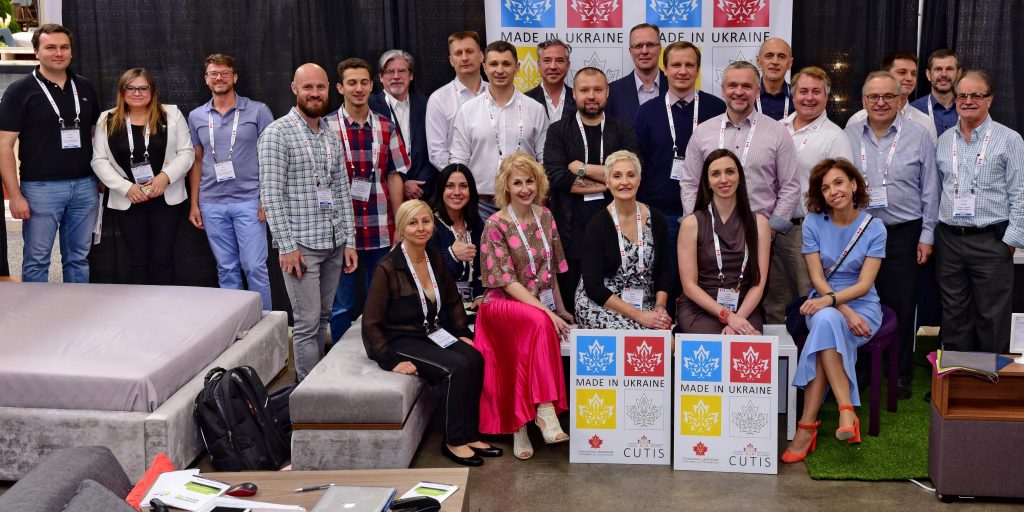
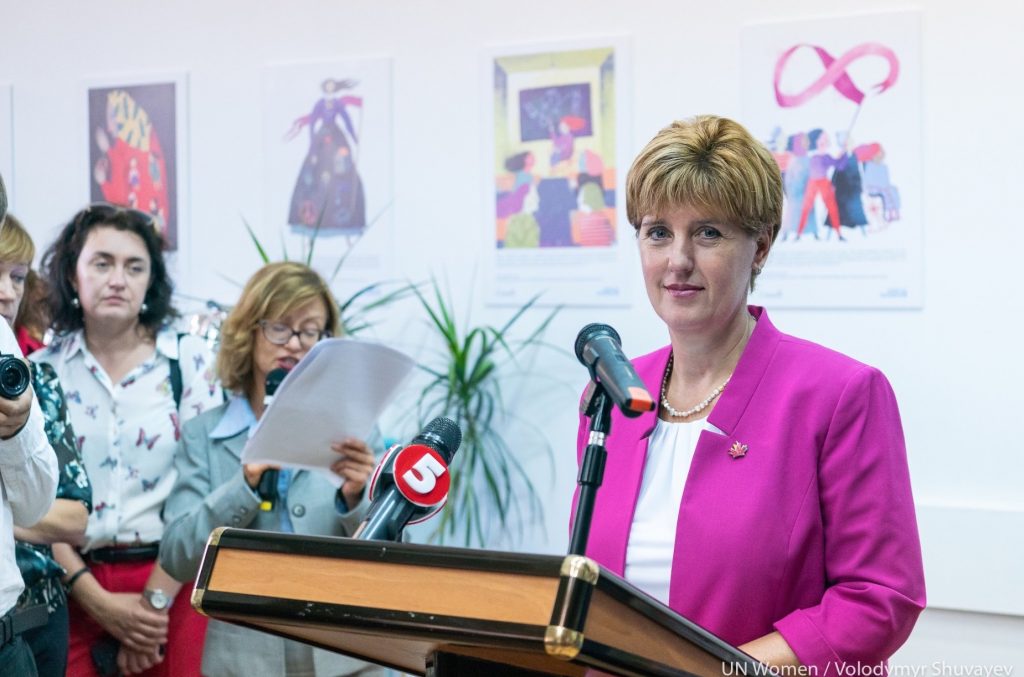
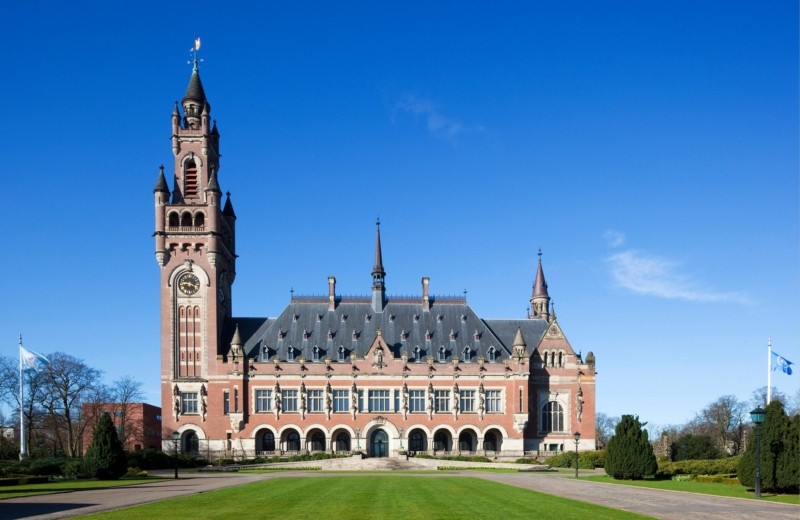
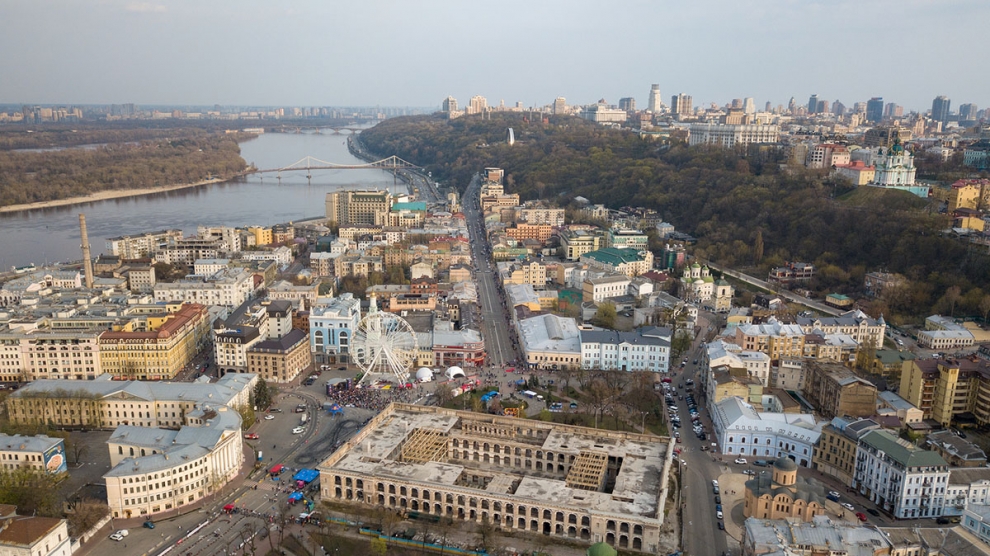
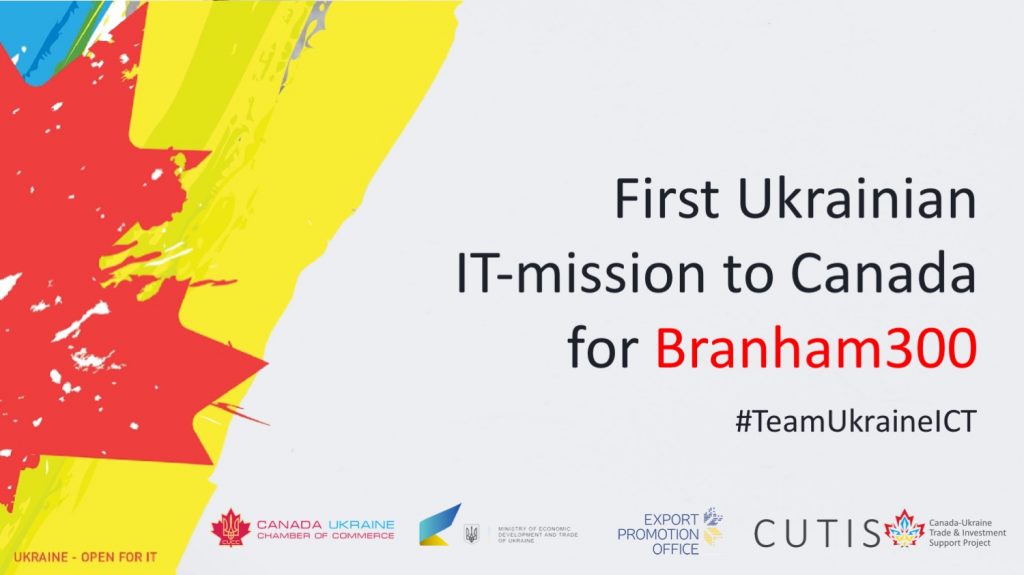
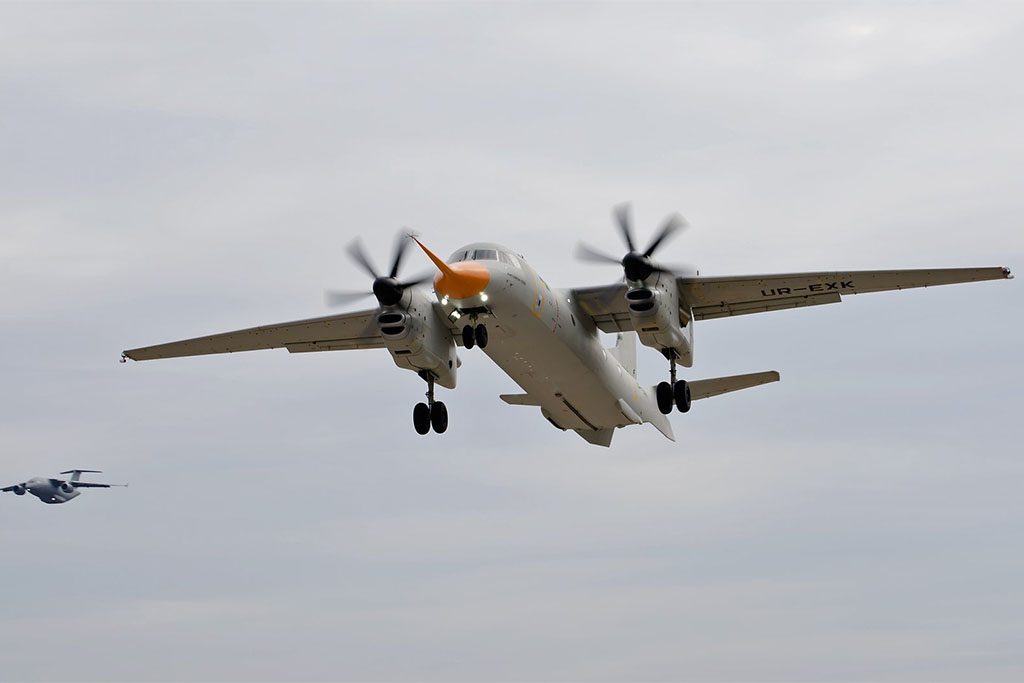
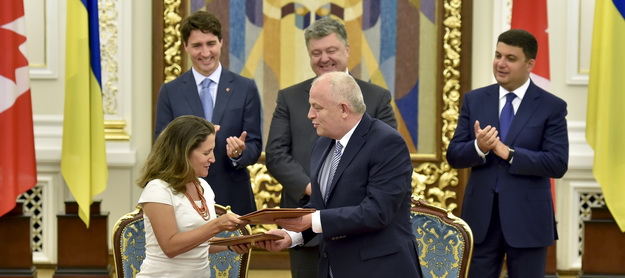
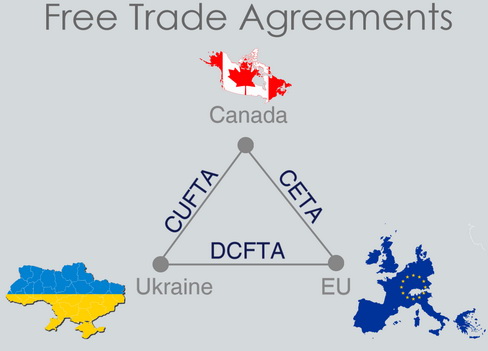
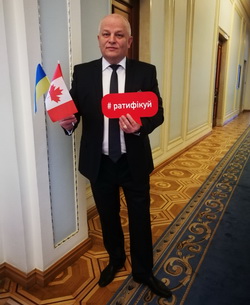 (вихідних для промисловості) на суму $1,9 млрд, експортувала – на $2,1млрд. Для порівняння – до Канади за 2015 рік імпорт з України тих самих проміжних товарів склав $9,4 млн, а експорт – $17,6 млн.
(вихідних для промисловості) на суму $1,9 млрд, експортувала – на $2,1млрд. Для порівняння – до Канади за 2015 рік імпорт з України тих самих проміжних товарів склав $9,4 млн, а експорт – $17,6 млн.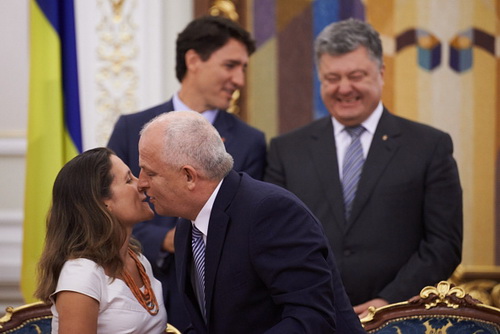
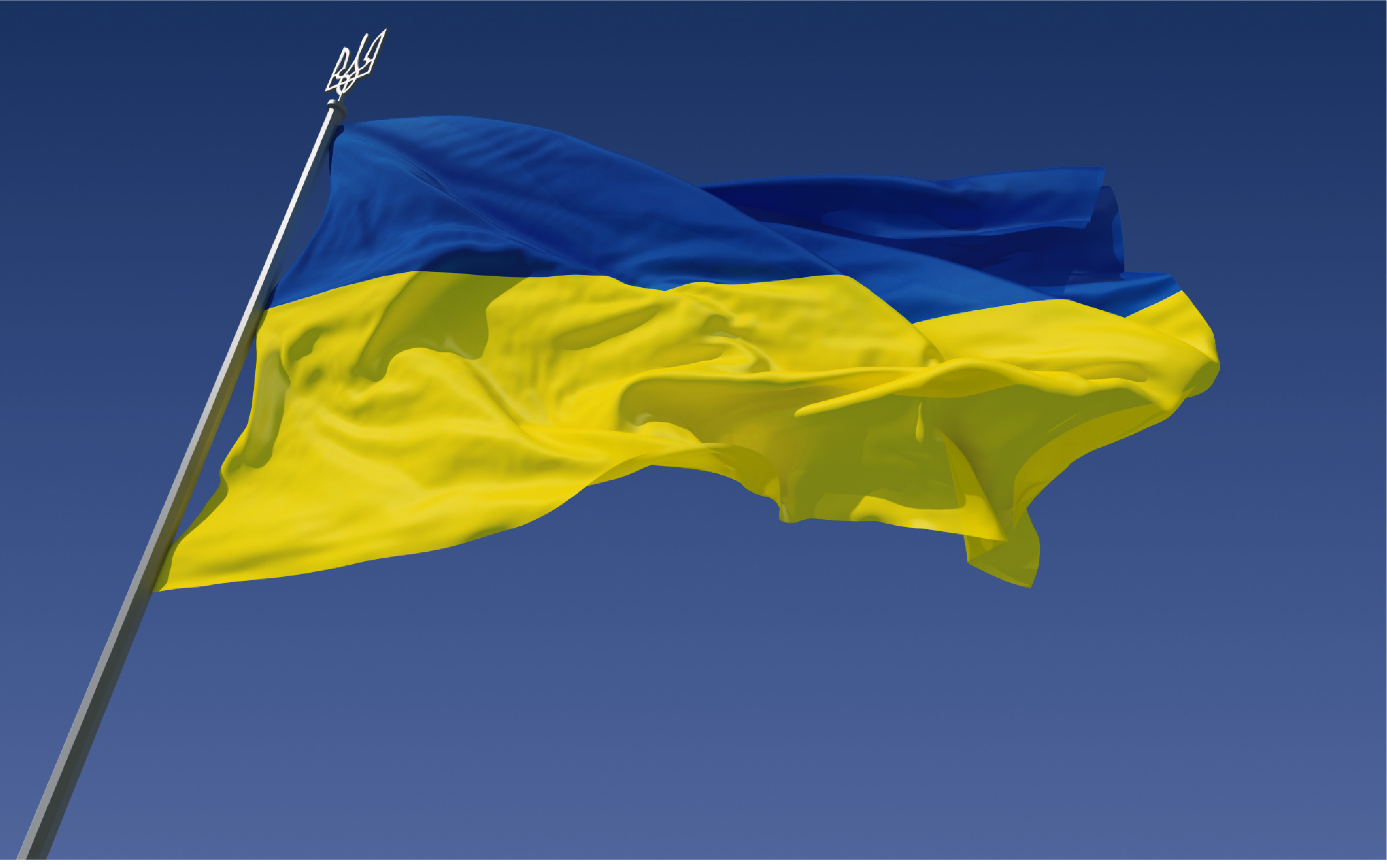 Автор: Степан Кубів,
Автор: Степан Кубів,